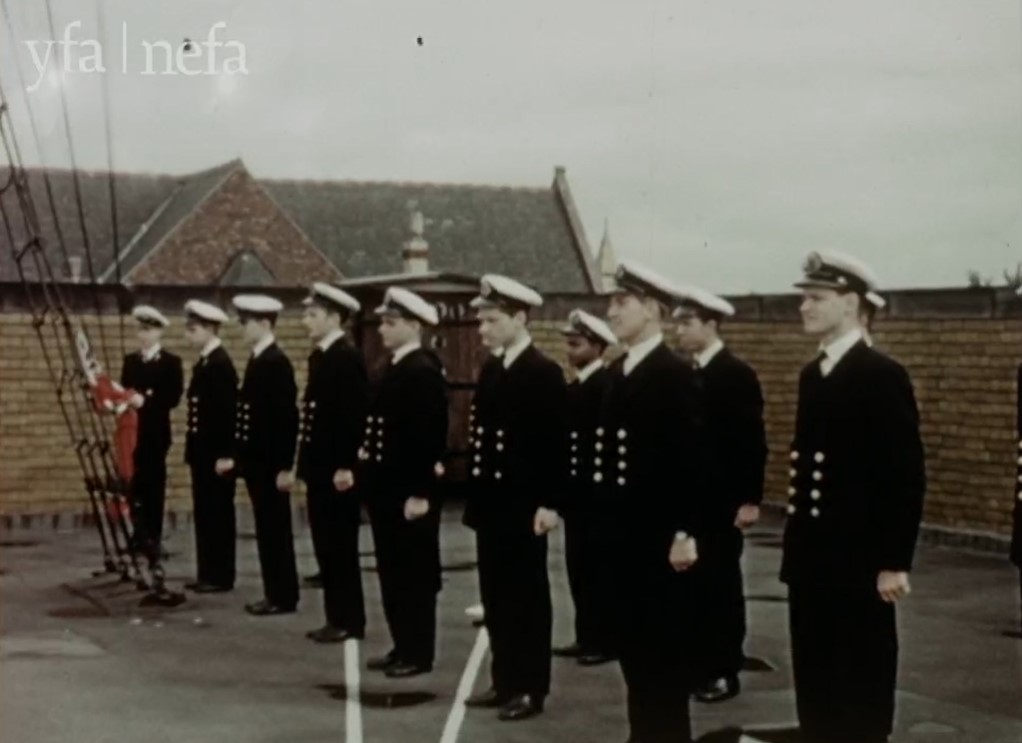This 1960s film about the Nautical College and High School for Nautical Training in Kingston upon Hull was made by Kingston Upon Hull Education Committee. The film highlights the strong connection between Hull and its maritime history.
A School for Fishermen was started in 1895 by Reuben Manton FRGS, Headmaster in St Andrews Hall, on the west side of the Boulevard. This moved in 1914 when Hull Education Committee established the Nautical College and High School for Nautical Training, also on the Boulevard just off Hessle Road; although it wasn’t until 1920 that the School admitted boys from 12 to 14 ages to train officers for the Merchant Navy. By the mid-1920s it was renamed the Boulevard Nautical School to include boys interested in joining the merchant navy, and later became known as Hull Nautical College. It replaced the earlier Hull Municipal Technical School for Fishermen at No.1 Harrow Street and its remit was to give young men a rounded education as well as the skills required for a life at sea. Hull Nautical College moved to new premises on George Street in 1973 – when the school merged with another to form Trinity House School – and closed in 1986. The building is now Hull Youth Service’s Boulevard Resource Centre.
The link between Hull and the sea remains very strong, but has undoubtedly declined since this film was made in the early 1960s. The film gives a good flavour of what it must have been like to study at the Nautical College: both the intellectual and physical demands, as well as some of the camaraderie. What it cannot show are the emotional consequences of being away from family and friends for long periods at sea, or just how dangerous an occupation this was (and still is, though to a lesser extent). Nor can it reproduce the sheer excitement many feel being out on the open sea. As the narrator puts it at one point: “There is a great thrill in taking a ship, even on paper, over long distances.”
With thanks to the Yorkshire Film Archive and Sailors’ Families’ Society.





























